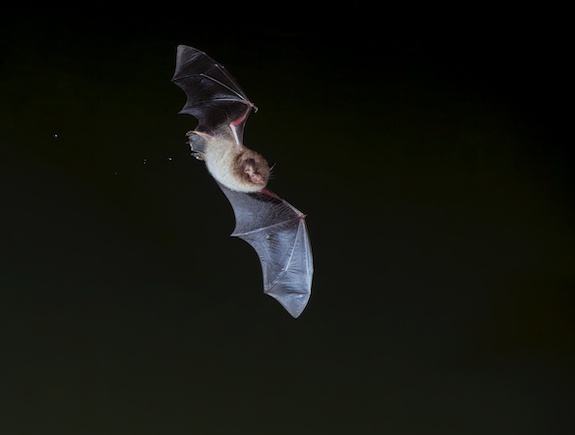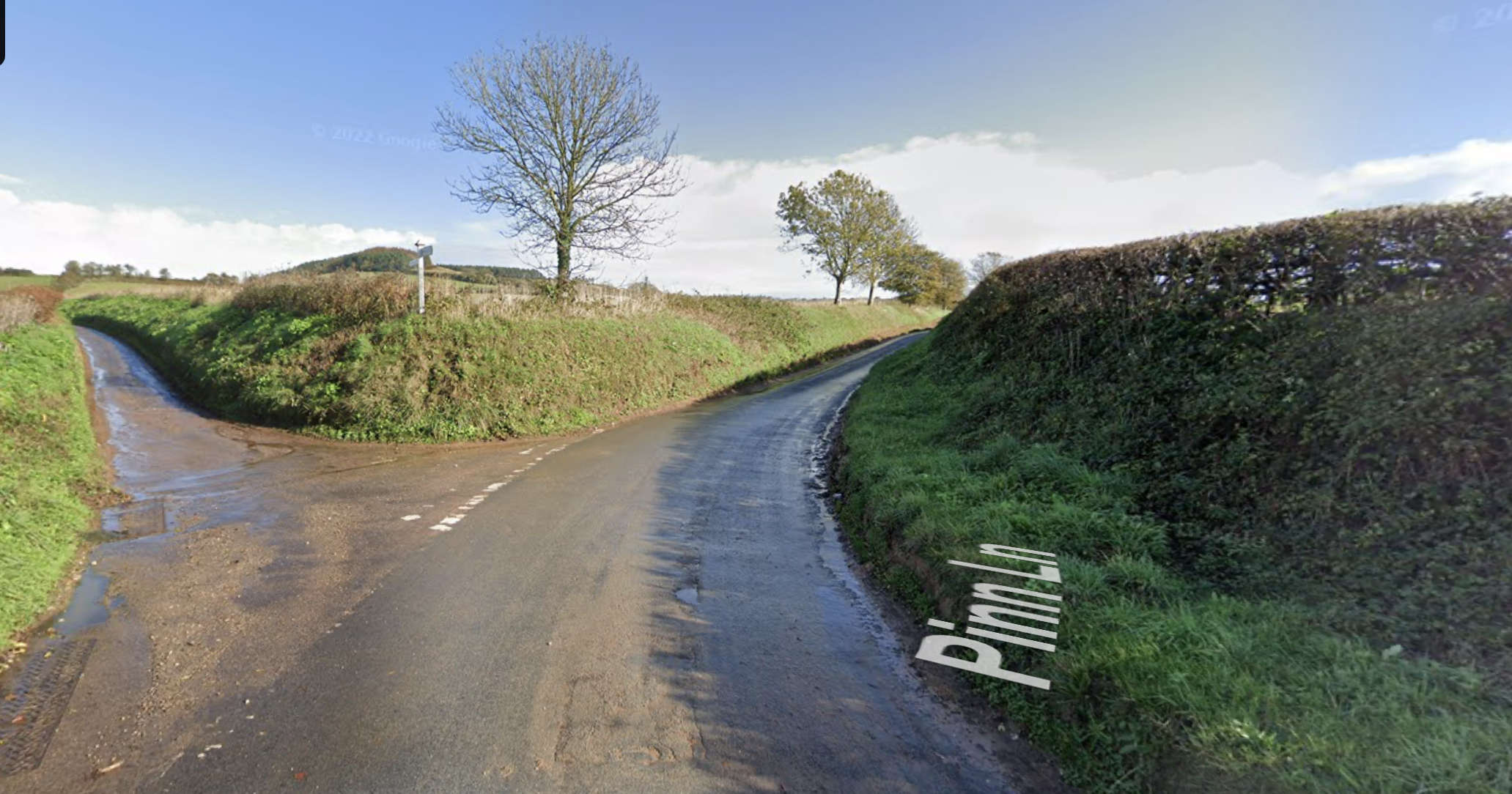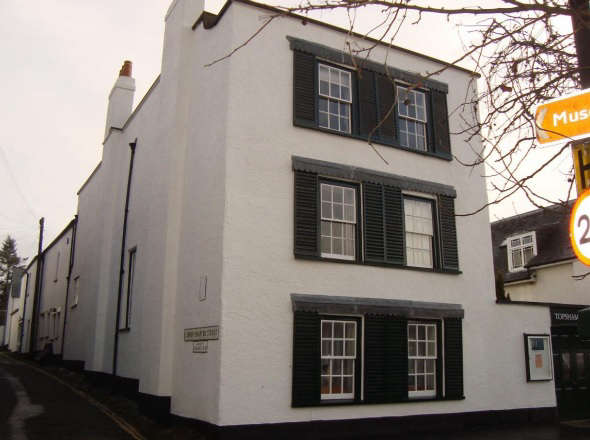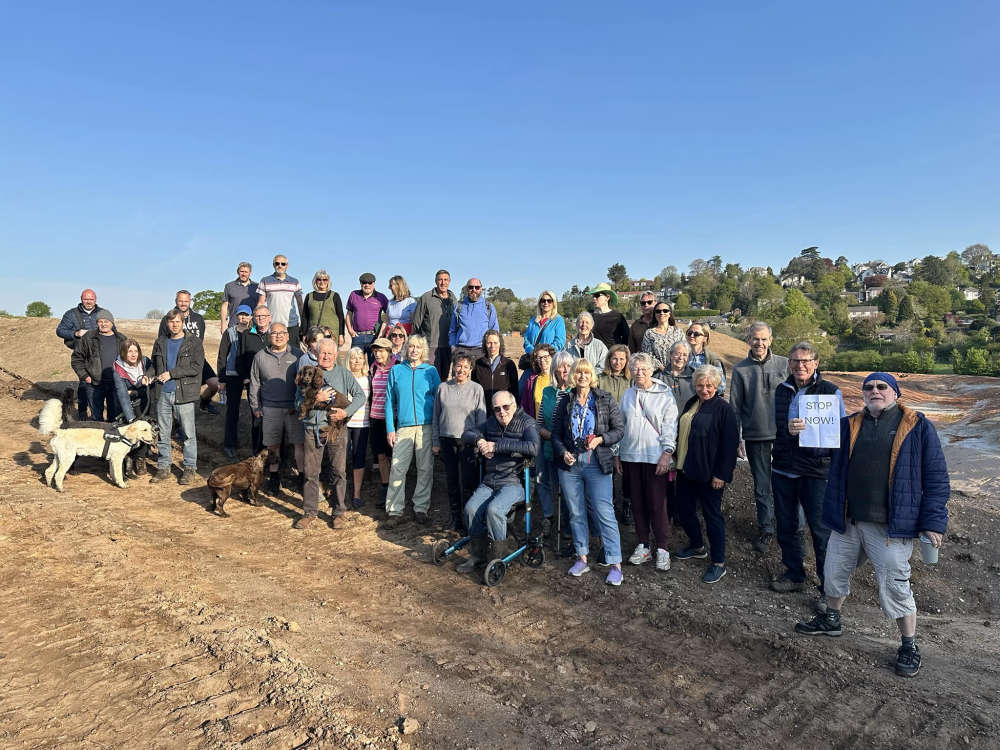
Bat detector provided
Ring the bells! Many of Devon's bats are about to get counted.
It's one of Devon’s biggest citizen science projects organised by the Devon Wildlife Trust and Devon Biodiversity Records Centre, who've already totted up more than 3.2 million sound recordings of the flying mammals.
But numbers are less robust in areas of east and south Devon, so people of Exeter, Cranbrook, Coly Valley (Colyton), Torbay and Malborough (South Devon) are being asked to become bat detectives.
You'll need a special bat detector device, but in the event your household isn't batty enough to own one, help is on hand.
Elinor Parry works for the Devon Wildlife Trust said: We’re looking for participants who have gardens or who own other land. Taking part means borrowing one of our specialist bat detectors for a few nights over the summer, placing it outside and letting the machine do the rest.
“The detectors capture the echo-location sounds which bats use to navigate their way around at night. By examining each sound file recording we can identify which species of bats are present in that location.”
Previous surveys have identified 13 different species of bat in Devon. Some of these are relatively common such as pipistrelles but others including greater horseshoe and barbastelle bats are considered rare and under threat.
Ms Parry continued:“This annual bat survey provides us with vital information with which to help these special animals. Understanding more about them helps us understand more about the health of Devon’s environment. All UK bats eat insects, so they need conditions in which insects thrive including clean rivers, wildflower rich meadows, healthy woodlands and hedgerows.”
This year the bat survey’s data will be helping the vital work of another Devon Wildlife Trust project called, Saving Devon Treescapes which works with local communities to plant new trees to replace those lost to ash dieback. A better understanding of where bats fly and feed locally will help the project target its work most effectively.
People living in the survey’s east and south Devon locations can find out more about taking part in this year’s bat survey at
https://www.devonwildlifetrust.org/devon-bat-survey-2021
The Devon Bat Survey closes on 15 October. It has been supported by The Halpin Trust.
 Teenager killed in rural East Devon crash
Teenager killed in rural East Devon crash
 Plymouth schools shine at Theatre Royal
Plymouth schools shine at Theatre Royal
 Topsham’s ‘beautiful’ museum to be restored
Topsham’s ‘beautiful’ museum to be restored
 Protest as work stops on controversial Newton Abbot project
Protest as work stops on controversial Newton Abbot project
 Petition launched to save Paignton ambulance station
Petition launched to save Paignton ambulance station
